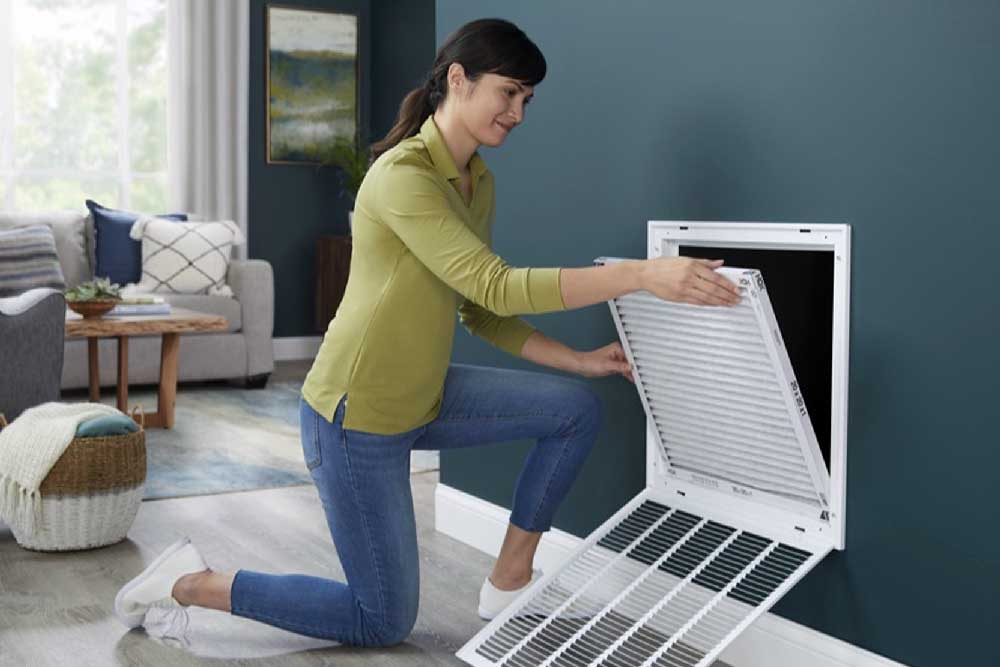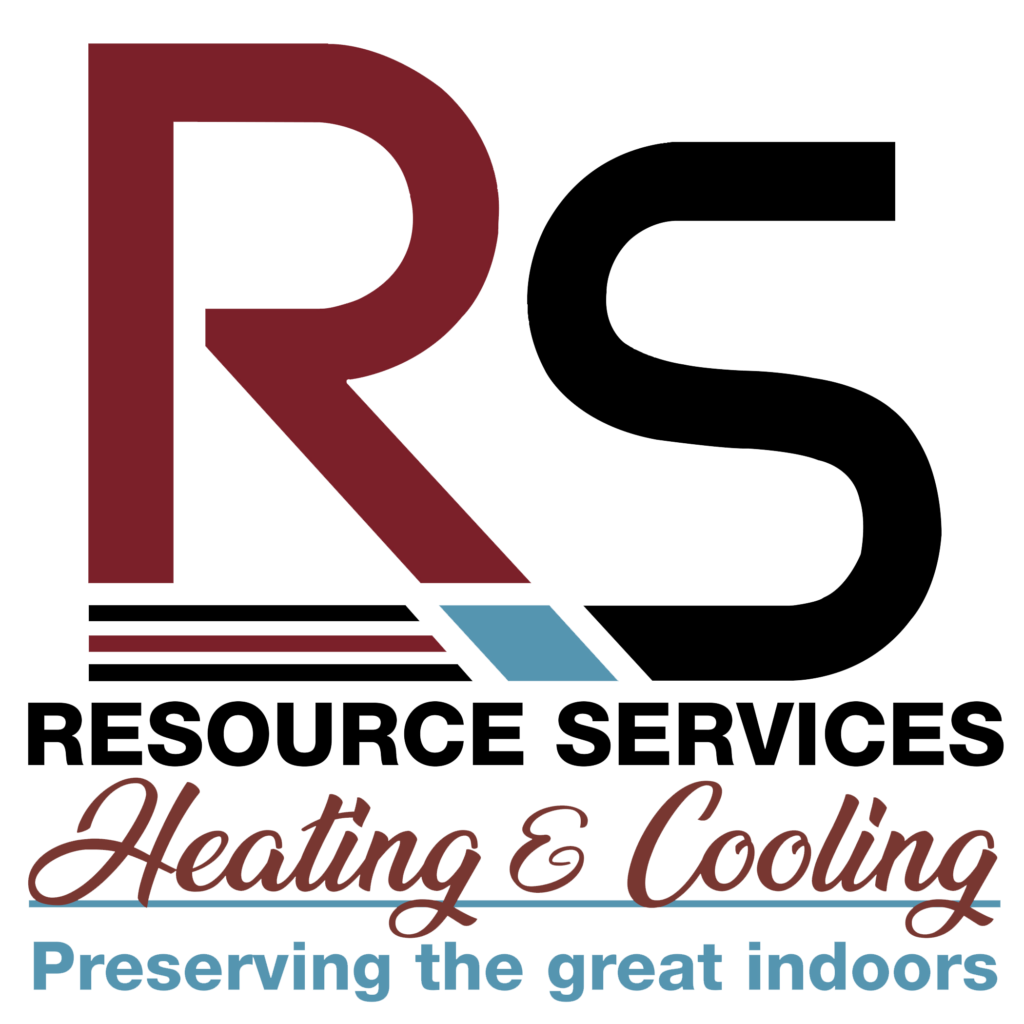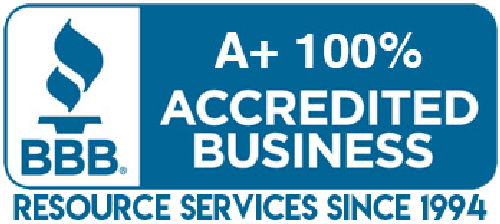What Are The Differences in Home Furnace Air Filters? Which Air Filter Do I Need For My Furnace?
When it comes to choosing the right home furnace air filter, the options can be overwhelming. Here’s a brief summary of some of the factors that set various filters apart. Let’s explore different filter types to help you make a better informed decision for your home and lifestyle. Say goodbye to confusion and hello to a breath of fresh, filtered air in your home. From fiberglass to synthetic fibers, the material of your filter matters. The type of filter you need, may lie in your sensitivity to allergens. The higher your sensitivity, the more you need a filtration system that goes beyond the basics. What is the price of clean air? Cost is a major player in the air filter game. Not only the initial purchase price but the expenses of maintenance and upgrades can vary significantly from less than $10 for a filter, up to hundreds of dollars. Depending on the situation, investing in a high-quality filter that can be maintained may be a better return on investment than multiple, cheap disposable filters.
- How Can You Know Good a Filter is?: Efficiency is key when it comes to air filters. The Minimum Efficiency Reporting Value (MERV) is the industry standard that rates filters based on performance and effectiveness of trapping and removing airborne particles from the air as it passes through a heating, ventilation, and air conditioning (HVAC) system. MERV values range from 1 to 16, with higher numbers indicating a greater ability to capture smaller particles. This rating system provides consumers with a way to compare the performance of different air filters to assist them in making informed decisions about the filtration efficiency and overall air quality improvement that a filter can offer in various settings, such as residential or commercial environments.
- High-Efficiency Particulate Air (HEPA): systems for furnace air filtration are advanced air purification systems designed to remove a high percentage of airborne particles, including dust, pollen, mold spores, and bacteria. HEPA filters are constructed with a dense arrangement of fibers that effectively capture particles as small as 0.3 microns, ensuring exceptional air quality. These systems are particularly beneficial for individuals with allergies or respiratory conditions, as they provide a powerful means of reducing airborne contaminants in indoor environments. HEPA filtration is commonly integrated into HVAC systems, enhancing overall indoor air quality and creating a healthier living or working environment by significantly reducing the presence of particulate matter.
- Are Pleated Furnace Filters Any Good?: Pleated furnace filters are generally considered to be effective and are a popular choice for many HVAC systems. Pleated filters have a larger surface area compared to flat filters, allowing them to capture more airborne particles such as dust, pollen, pet dander, and mold spores. The pleats in the filter increase the filter media area, providing better filtration efficiency. Additionally, pleated filters are available in various MERV (Minimum Efficiency Reporting Value) ratings, allowing consumers to choose a filter that meets their specific air quality needs. Higher MERV ratings indicate better filtration of smaller particles. However, it’s essential to balance increased filtration efficiency with the potential for increased pressure drop, which could affect the HVAC system’s airflow. Regular replacement of pleated furnace filters is crucial to maintaining their effectiveness and preventing the system from overworking. Overall, pleated furnace filters are a good choice for improving indoor air quality in residential and commercial settings.
- Germicidal Lights and UV Sterilization: Can light really kill germs? We shine a light on germicidal lights that use ultraviolet technology to sterilize surfaces. Finally, allergy-aggravating particles and germs meet their match! Germicidal lights and UV (ultraviolet) sterilization systems in heating, ventilation, and air conditioning involve the use of ultraviolet light to neutralize or kill bacteria, viruses, mold, and other microorganisms present in the air. These systems typically incorporate UV-C light, a specific range of ultraviolet light known for its germicidal properties. Placed within the HVAC system, germicidal lights irradiate the passing air, disrupting the DNA or RNA of microorganisms and preventing them from reproducing, thereby enhancing indoor air quality. This technology is particularly effective in reducing the risk of microbial growth on cooling coils and other surfaces within the HVAC system. UV sterilization is increasingly adopted as a supplementary measure to traditional air filtration methods to create a healthier and more sanitized indoor environment by targeting and eliminating harmful microorganisms.
- Electronic Air Cleaners (EACs): EACs) for HVAC systems can be effective in improving indoor air quality by removing particles from the air. EACs use an electrostatic charge to attract and capture airborne particles, including dust, pollen, and other pollutants. These systems are often more efficient than standard mechanical filters, as they can trap smaller particles. However, their effectiveness can vary depending on the specific model and maintenance practices. Regular cleaning is essential to maintain efficiency, as the collected particles can accumulate on the plates and diminish performance over time. While Electronic Air Cleaners can be effective in certain situations, it’s crucial to consider factors such as the initial cost, ongoing maintenance requirements, and the specific air quality needs of the environment. Some people may find EACs beneficial, while others might achieve satisfactory results with other air purification methods, such as HEPA filters or UV sterilization.
- The Dance of Airflow and Efficiency: In simple terms, when a furnace or AC filter has higher efficiency, it not only does a better job of cleaning the air by capturing more particles like dust and allergens, but it also allows more air to flow through the system. Imagine the filter as a barrier that the air has to pass through. A more efficient filter is like a sieve that catches more dirt but still lets a good amount of air through. This is beneficial for the performance of your heating or cooling system because it ensures that air can move freely, making your HVAC system more effective and energy-efficient. So, higher filter efficiency not only means cleaner air but also better airflow for your furnace or AC helping you strike the perfect balance for your home.
- Maintenance Matters: A filter’s lifespan depends on maintenance. You may not have known you can clean your furnace filter. Open the service panel and locate and remove your filter. Place it dirty side up and gently vacuum any hairs, dust, debris, insects, etc. You can also run water over your filter and gently wipe it down with a cloth, then let it air dry. Warning: Not all filters can be cleaned! Please check with the manufacture of your filter before attempting any cleaning. Carefully maintaining your filters can ensure your investment continues to pay off.
- ★ Plasmaguard: PlasmaGuard Pro is the best available air purification technology available. It destroys covid & pollutants from the air and on surfaces. Aerosols and particles remain airborne for up to 41 hours. Plasmaguard is an air and surface purification system that destroys pathogens through your normal heating, cooling and ventilation actively responding when indoor air quality change is detected. Resource Services is your certified, licensed PlasmaGuard installer. Contact us for more information abou Plasmaguard 515-266-9900 www.rsmech.us/plasmaguard
Choosing the right home furnace air filter may seem complicated, but with a little research you can always get the right one for your household. Give us a call if you have any questions, we’d be glad to set up a time to inspect your furnace for safety and efficiency and recommend the best air filter for you.
Clear the air and enhance your living space with a filter that suits your unique needs. You and your family deserves cleaner, healthier air.
#AirFilters #AirQuality #BreatheClean #HVACFilters #FurnaceFilters #CleanAir #HealthyHomeLiving #AirFilters


